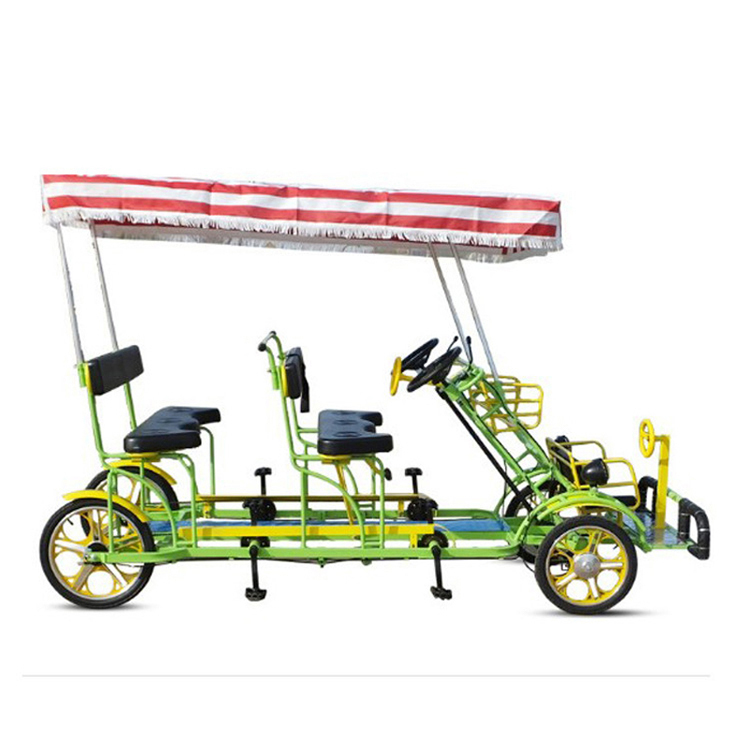Author:DavisDate:2024-6-29

Market prospects and development advantages of contemporary shared bicycles
The market for contemporary shared bicycles has seen significant growth in recent years, with major players like Mobike and Ofo expanding rapidly across the globe. This trend reflects a shift towards sustainable urban transportation solutions and a growing emphasis on reducing carbon emissions. The development of shared bicycle systems presents several advantages for both consumers and cities, but also faces challenges that need to be addressed for sustained success.
One of the key advantages of shared bicycles is their potential to alleviate traffic congestion and reduce air pollution in urban areas. By providing an affordable and convenient alternative to traditional modes of transportation, such as cars or public transit, shared bicycles can help decrease reliance on fossil fuels and mitigate the environmental impact of commuting. Additionally, these systems promote physical activity and healthier lifestyles by encouraging people to incorporate cycling into their daily routines.
From a business perspective, the market for shared bicycles offers opportunities for innovation and technological advancement. Companies in this space have leveraged GPS tracking, mobile payment systems, and smart locks to create seamless user experiences. These technologies not only enhance convenience for riders but also enable operators to optimize fleet management and maintenance processes. Furthermore, the data generated by shared bicycle usage can provide valuable insights for urban planners seeking to improve infrastructure and transportation networks.
However, despite these promising prospects, the shared bicycle industry also faces significant challenges. One of the most pressing issues is related to oversupply and mismanagement of bike fleets in some cities. This has led to problems such as abandoned bicycles cluttering public spaces and creating safety hazards. Additionally, concerns about theft, vandalism, and maintenance costs have raised questions about the long-term viability of certain business models within the industry.
To ensure sustainable growth and continued relevance, stakeholders in the shared bicycle market must address these challenges through effective regulation, responsible deployment strategies, and investment in infrastructure. Local governments should work closely with operators to establish clear guidelines for fleet size, parking locations, and maintenance standards. Moreover, companies need to prioritize user education and community engagement initiatives to foster responsible usage behaviors among riders.
In conclusion, while the contemporary market for shared bicycles holds great promise as a solution for urban mobility challenges, it requires careful navigation of regulatory frameworks and operational considerations. By addressing issues related to oversupply, maintenance, and user behavior proactively, stakeholders can unlock the full potential of shared bicycle systems as a sustainable mode of transportation that benefits both individuals and cities alike.
↓Next [ How to maintain the vacuum cleaner ]






